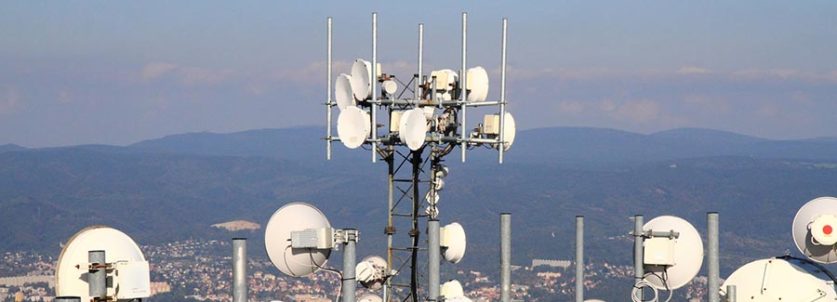
The SNP has hit back at criticism from Westminster of its plan to boost broadband connectivity in Scotland. The Digital Minister Matt Hancock spoke to the Telegraph saying that Scotland was falling behind the rest of the UK when it comes to superfast internet services.
Mr Hancock went further to say that the government is “fed up with the Scottish government’s poor performance” that it plans to use millions of pounds designed to improve broadband infrastructure straight to local Scottish councils rather than the SNP. Mr Hancock also said that Scotland was 3 years behind England, with local councils south of the border ready to sign a contract instigating the third phase of broadband role out while their Scottish counterparts have yet to sign off phase two.
The SNP responded strongly to this criticism, with rural economy minister Fergus Ewing describing the plan to have 100% superfast broadband by the year 2021 as a “commitment that does not exist anywhere else in the UK” and denied that Scotland was lagging behind England.
Mr Ewing further defended the perceived slow progress claiming that the SNP chose not to undertake the Digital Scotland Superfast Broadband (DSSB) in phases. He said that any similar projects in England were on a “far smaller scale” than those in Scotland which required “additional phases”
“Rather than taking forward 32 individual local authority-led procurements, we took the joint decision with local government partners, and the UK government, that we would aggregate public investment across two regional projects in Scotland,” Mr Ewing said.
“This created a scale that has dwarfed any other project in the UK, extending broadband access to over 800,000 premises across Scotland so far, with further deployment to follow throughout 2018.”
Mr Ewing claims that the success that this approach has achieved meant there was no requirement for Scottish phase 2 project as there is in other parts of the UK.
“The idea that Scotland is behind the rest of the UK simply because we haven’t yet launched a second procurement is laughable,” Mr Ewing continued.
“The DSSB programme was constructed to avoid the need for successive small-scale procurements.”
The figures indicate that Mr Ewing might indeed be correct, with Ofcom indicating that Scotland has indeed increased superfast broadband access quicker than any other nations in the UK.
This isn’t to say that Scotland is the only area with promising broadband connectivity. Staffordshire now claims to have 95% Superfast broadband coverage across its network. Openreach’s project in the county has progressed with it’s phase 2 rollout goal of making 24Mbps+ speeds available to 95% of households before the end of 2017.
The project so far has given increased internet speeds to over 74,000 home and business premises and put them within touching distance of a superfast broadband network.
Mark Winnington, Council Leader for Economic Growth, said “Reaching this important milestone in the run-up to Christmas and ahead of the Government’s national target date is a terrific achievement and shows our commitment to make this important technology available to as many parts of Staffordshire as quickly as possible.”
“We’re using a combination of technologies and co-funding solutions to ensure even residents and businesses in the smallest, most remote parts of our county have access to this essential technology.”




